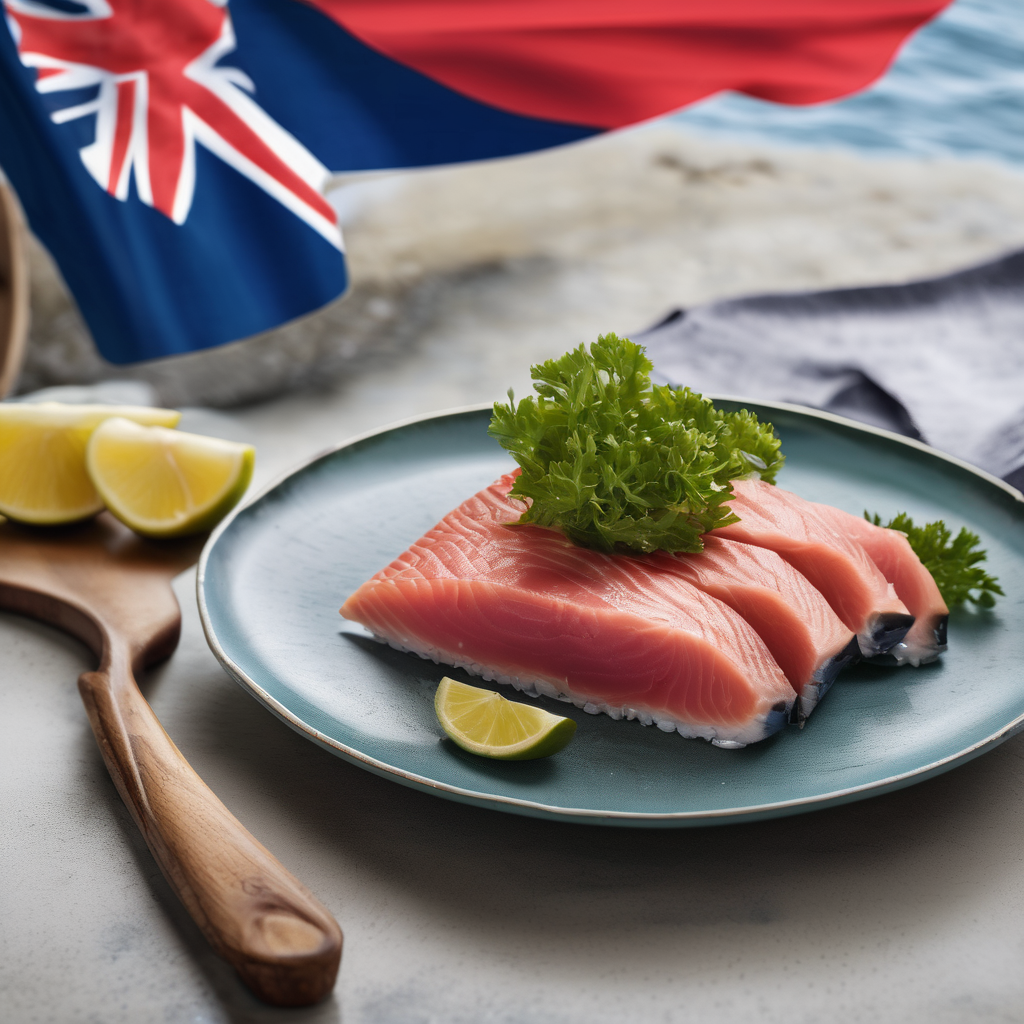Pacific Island nations stand on the brink of unlocking significant benefits from their abundant tuna resources by fostering inclusive and equitable participation, as highlighted by Rose Martin, the Gender Advisor for the Forum Fisheries Agency (FFA). During her keynote address at the 9th Pacific Tuna Forum, Martin stressed the importance of social equity and collaboration among member nations to maximize their shared resources effectively.
Martin pointed out the ample potential that remains untapped within the Pacific region, echoing calls from ministers and leaders for initiatives designed to bolster food security, create livelihood opportunities, and increase employment. “It is imperative that we ensure programs and investments not only add to government revenues and international market engagement but also actively support local communities and workers throughout the sector,” she emphasized, calling for the inclusion of both local and migrant voices in decision-making processes to ensure dignified working conditions.
To enhance the tuna industry, key initiatives advocated by Martin include strengthening support for small-scale projects that contribute to food security and collaborating with industry stakeholders to foster respectful workplaces through comprehensive training and policy development. She advocated for integrating social inclusion into National Fisheries Management and Development Plans, ensuring that sufficient resources are allocated for effective implementation. Moreover, she underscored the need to bolster monitoring, control, and surveillance to combat illegal, unreported, and unregulated fishing, while also addressing human rights issues prevalent in the sector.
The FFA’s Gender Equity, Disability, and Social Inclusion (GEDSI) Advisor expressed that the success of tuna fisheries is closely tied to the social and human aspects of the industry. “When workers, communities, and small businesses prosper, the entire industry thrives,” she stated, reinforcing the interconnected nature of economic and social well-being.
The ongoing Pacific Tuna Forum, taking place this week in Denarau, Nadi, follows the theme “Pacific Tuna 2050: Resilience, Innovation, Equity, and Sustainable Trade for a Prosperous Future.” This event serves as a gathering point for policymakers, industry leaders, and community representatives to deliberate on the sustainable and equitable development of the region’s tuna resources. The conversations resonate with the collaborative spirit of previous forums, underscoring the significance of unity and proactive measures in securing a sustainable future for Pacific island communities.
Similar discussions at past summits, notably the Honiara Fisheries Summit, have highlighted the necessity of regional cooperation and sustainable management of tuna fisheries. Leaders acknowledged challenges such as inadequate infrastructure and high operational costs yet celebrated the triumphs of collective action in protecting marine resources.
As Pacific Island nations chart their future in managing tuna resources, their unwavering commitment to collaboration, sustainable practices, and community welfare paints a hopeful picture for enhanced economic resilience and ecological health across the region. This momentum reinforces the critical need for concerted efforts in nurturing both community and environmental well-being, ensuring a prosperous legacy for generations to come.
